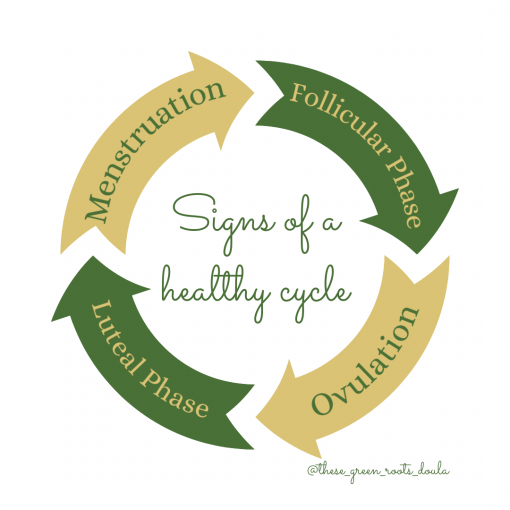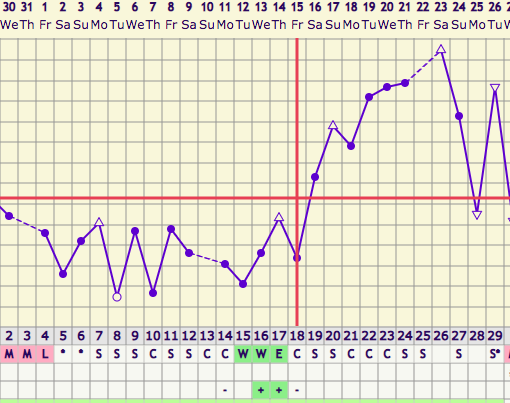Although many people are able to conceive without assistance, there are plenty who will need to go through fertility testing, and possibly treatment, in order to grow their family. Infertility can be a result of an issue with the female (1/3 of the time), male (1/3 of the time) or unexplained (1/3 of the time).
Testing is generally the first step that is taken, and there are a variety of tests that both people need to go through, in order to identify the issue. The standard set includes:
Bloodwork This is generally the first set of tests ordered, and will look at the hormone levels in the female. The first test will be done on day three of her cycle, which will look three key hormones: follicle stimulating hormone (FSH), luteinizing hormone (LH) and estradiol (E2). It will also likely include the standard panel of tests, in case other concerns are identified (such as thyroid function). The next test will be ordered for day 21 of the cycle, or one week after ovulation. This test will confirm that ovulation did occur, and that progesterone levels are sufficient to support an early pregnancy..
Semen Analysis This is the main test for the male partner, and checks on the quality and quality of his sperm. If there is no concerns, he generally doesn't need further testing. If there is a concern, blood work may be ordered to look for the cause of the issue.
Hysterosalpingography (HSG) This is a more invasive test, in which dye is injected into the uterus under x-ray, to ensure that it can flow freely out through the fallopian tube. This rules out any blockages of the fallopian tubes that could prevent an egg from getting fertilized.
Ultrasound This will look at the general state of the reproductive organs, and is one of the key diagnostic elements with conditions such as polycystic ovarian syndrome.
Depending on the results of each test, your doctor may order additional tests, including further imaging testing, laparoscopy, or genetic testing. Ideally, a diagnosis will be able to be made, and a treatment plan developed.
If you are going through testing or have received a diagnosis of infertility, know that you are not alone! There are a range of supports available to you, from online forums to Instagram communities to local support groups. Don't be afraid to reach out and find someone to talk to about this.




